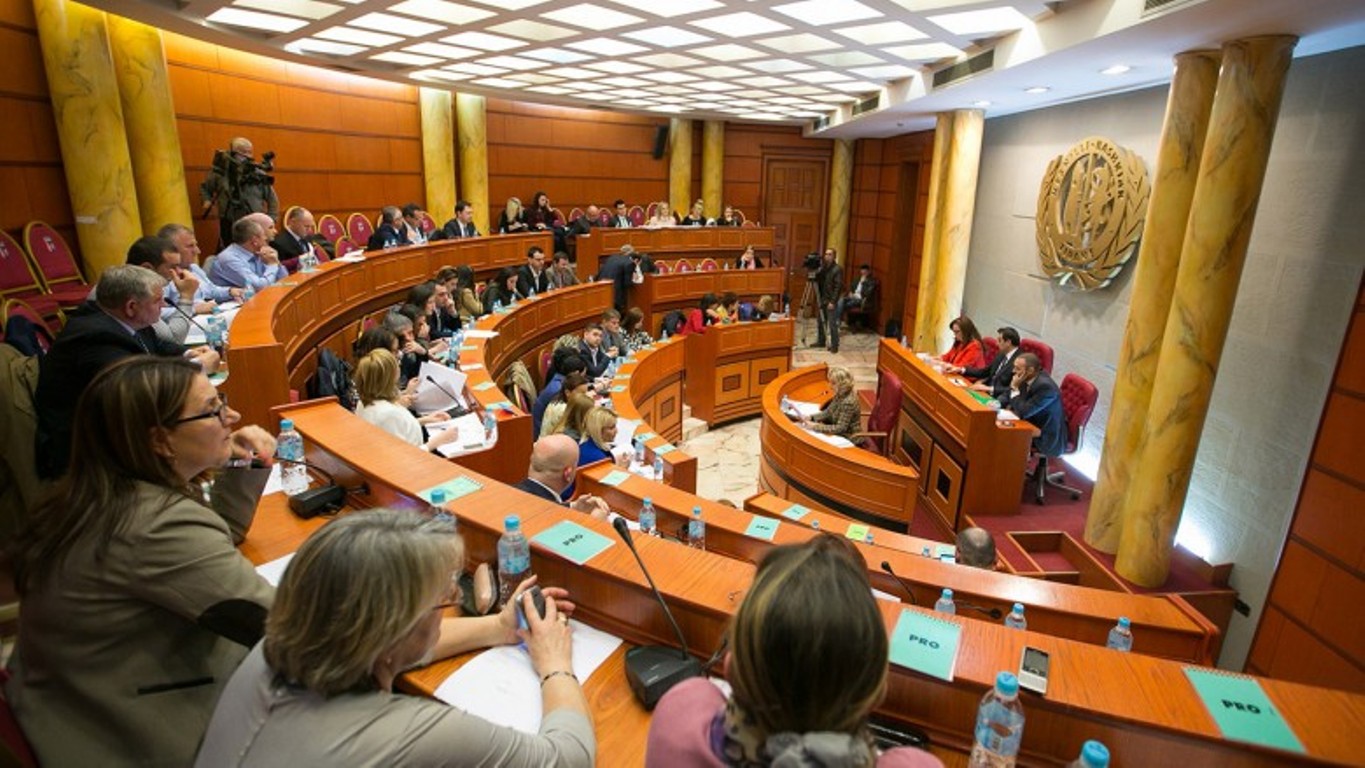

“Almost all municipalities have demonstrated a low level of independence from central government. This information shows that the local government is unable to generate adequate incomes and have fiscal autonomy”, the report dubbed “An Evaluation of Local Government in Albania” says. Meanwhile, the report also says that as far as the collection of local taxes is concerned, one in three municipalities or 19 of them have been assessed as “very bad” or “bad”. “Municipalities with the lowest performance are the municipalities of Has, Kelcyra, Tepelena and Bulqiza, with a level below 19%”, the report says. While Rrogozhina and Roskovec have a good performance, with up to 64%, Tirana has the best performance with 88%. This shows that many municipalities in the country are not only unable to generate money, but at the same time, they are also unable to distribute them as they should. The report also adds that “although municipalities have already started to set up systems of planning and services, the quality of public services is yet to deliver expected levels”. Meanwhile, another worrying issue, according to the report, is the low civil engagement in democratic processes that local government authorities conduct.
Only 39 municipalities are reported to have average performance
“The the results Local Government Barometer in Albania show that as far as four criteria of local government are concerned, only 64% of municipalities or 39 of them operate on an average level”. This is another result which is reported by the opinion poll conducted with 12 thousand respondents in all 61 municipalities of the country. As far as the criterion relating to planning is concerned, the opinion poll suggests that municipalities don’t seem to have a clear vision for their future development. “Even when they have a plan, they don’t seem to be very driven in their development objectives”, international experts engaged on the consolidation of administrative and territorial reform in Albania, who have drafted the abovementioned report, say. The report continues with the services being offered to the public by municipalities. According to the report, these services don’t seem to meet optimal standards, although their standards are generally positive. “Overall, in 80% of municipalities, the level of positive feedback on provided services is above average and for the remaining 20%, the level of positive feedback is average”, the report further argues. The difference in the quality of services is made by the location where these services are offered, in urban areas or rural areas. On the other hand, as far as the level of accountability by municipalities is concerned, 50% of them or 31 remain below the threshold, implying that in general, they have a very low level of accountability to the community.
Corruption in municipalities, citizens signal the most problematic institutions
Albanian citizens admit the existence of corruption in the country’s municipalities. So, according to the report mentioned above, up to 50% of respondents have reported that they have encountered corruption during the daily activity of a municipality. “Around 37 municipalities of the country do not even score the minimum points, while the two municipalities where the level of the perception for corruption is low are Libohova and Dibra”, the report says. Meanwhile, the report in question also says that the most visited institutions by people are the Construction Inspectorate, Municipality Police, Urban Planning Office and Water Company”. “In their response, many of them have implied that they have offered bribes to obtain a service”, is another assessment given by international experts on this issue. Meanwhile, the report also analyzes the issue of civil participation in decision making, saying that this level is only 50%. In other words, only one in two people is engaged in the issues of the community that they’re part of.
“Only 35% of the citizens are members of political parties, unions or NGOs”, the report further states and in conclusion, it states that the transparency currently offered by municipalities in Albania is considered to exist in only 55% of them.




 ALB
ALB
 ENG
ENG
